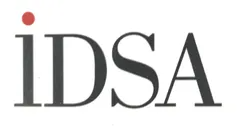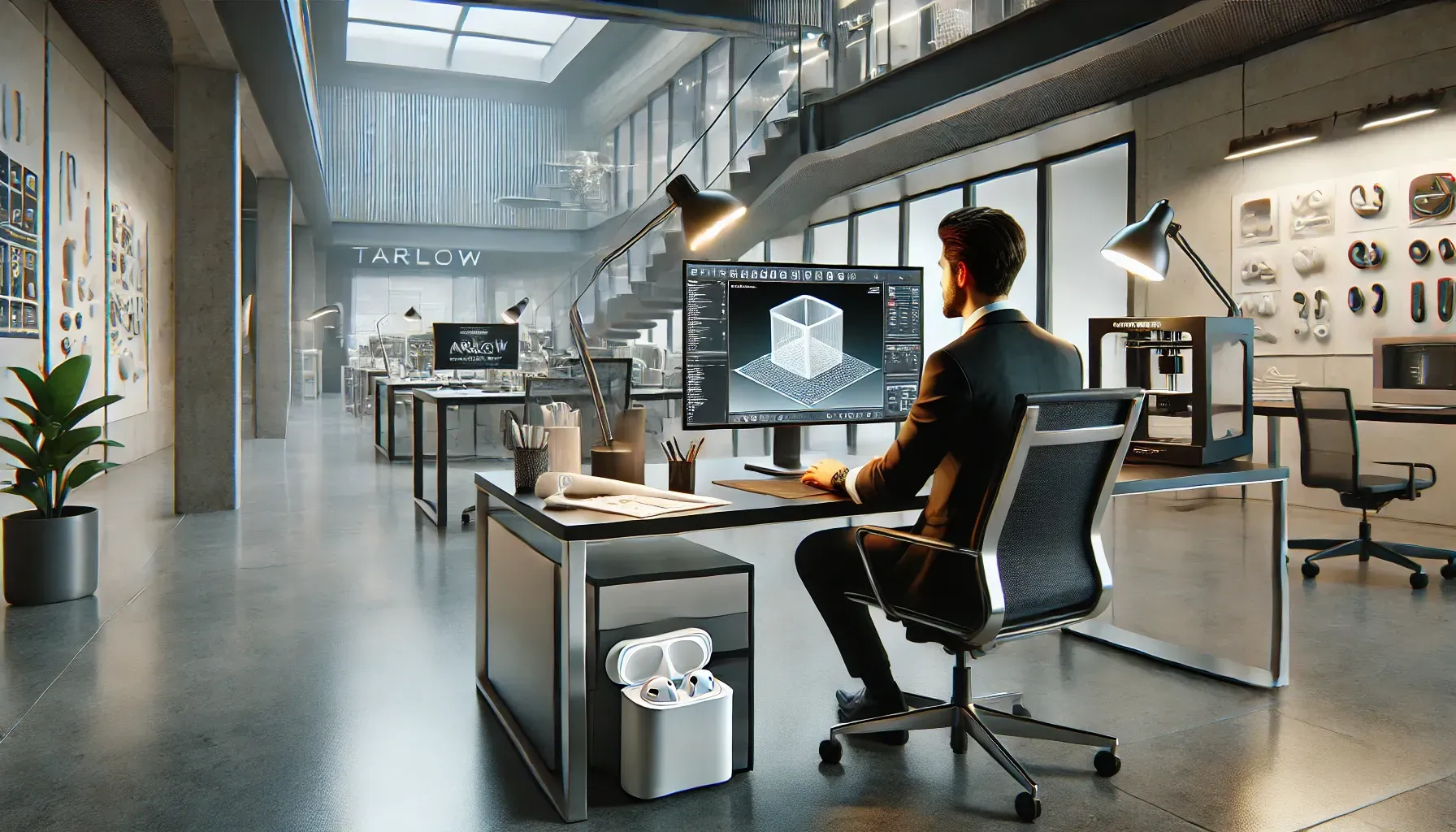NEW INVENTION IDEA? 8 Things You Should Know to Avoid Scams!
If you have an invention idea, you may be eager to bring it to life and start profiting from your creation. However, one of the biggest risks inventors face is falling victim to fraudulent companies that promise to help but only take advantage of their ambitions. This problem is so widespread that legal measures have been put in place to combat misleading practices. Despite these regulations, scams in the invention industry remain a serious issue.
To safeguard your new invention, it’s crucial to understand the key steps involved in the invention process and how to protect yourself from potential scams. Here are eight essential things you need to know to navigate the industry safely and successfully.
1. Be Cautious of Virtual Prototypes
Some companies may try to sell you a prototype idea, but not all prototypes are created equal. A virtual prototype is merely a digital representation of your invention and does not prove that the product is functional.
If you’re serious about bringing your new invention to market, you need a physical working prototype. Investors and manufacturers will rarely consider licensing an idea unless they can see and interact with a tangible product.
2. Conduct a Patent Search Before Building a Prototype
Before investing time and money into a prototype idea, conduct a patent search to see if your invention already exists. This process helps you determine whether your invention idea is unique and patentable.
Additionally, you may find valuable information that can help you refine your design and improve your chances of obtaining a valid patent for your new invention.
3. Wait Until You Have a Working Prototype Before Applying for a Patent
Many inventors make the mistake of rushing into the patent process too soon. Instead of immediately filing for a patent after completing a search, focus on building a functional prototype first. This approach ensures that your patent covers all necessary design elements and protects a fully developed invention idea.
When your prototype is ready, and you have validated its functionality, then you can proceed with filing a patent to secure ownership of your new invention.
4. Assess the Market Potential of Your Invention
Your new invention must stand out in the marketplace to be successful. Simply having an innovative product is not enough—your invention needs a “wow” factor that makes it significantly better than existing alternatives.
It’s beneficial to seek an independent evaluation of your invention’s commercial viability. But who should you consult? A patent attorney can determine if your idea qualifies for a patent, and a design engineer can help with product development. However, you need someone with expertise in marketing, manufacturing costs, and market entry strategies to give you a well-rounded assessment of your invention’s success potential.
5. Be Wary of Upfront Licensing Fees
Many invention promotion companies claim they can license your invention idea to major corporations. However, if a company asks for large upfront fees to “present your idea to industry” or “secure licensing agreements,” proceed with caution.
Legitimate companies typically earn their profits from royalties or successful product sales, not from charging inventors for intangible services. Always research the company’s reputation before making any financial commitments.
6. Verify the Company’s Track Record
Before working with any invention service provider, check their success rate and reviews. The Better Business Bureau (BBB) rating is a useful indicator of a company’s credibility. A reputable firm should have an A or A+ rating.
Additionally, look for real testimonials from inventors who have successfully brought their products to market with the company’s assistance.
7. Protect Your Idea While Seeking Help
While protecting your new invention is essential, excessive secrecy can hinder your progress. If you are casually asking a store owner whether they have seen a product similar to yours, keep your descriptions vague. However, when discussing your invention with potential partners, engineers, or invention development companies, it is best to sign a Non-Disclosure Agreement (NDA) before sharing any details.
Remember that bringing an invention to market requires significant time, effort, and financial investment. Most people do not have the resources or interest to steal an idea and take on the burdens of product development themselves.
8. Secure Ownership of Your Invention Before Negotiating a Licensing Deal
Before engaging in negotiations, ensure you have legal ownership of your invention idea. The most reliable way to protect your product from theft is by filing for a design or utility patent.
This step provides you with exclusive rights and prevents others from manufacturing, selling, or profiting from your new invention without your permission.
Conclusion
Navigating the invention process can be challenging, but staying informed and cautious will help you avoid scams and maximize your chances of success. From conducting a patent search to developing a working prototype and verifying a company’s credibility, taking the right steps ensures that your invention idea moves forward securely.
For expert guidance and assistance with your invention idea, visit Tarlow Design.
FAQs
1. How do I know if my invention idea is original?
Performing a patent search is the best way to determine whether your invention idea is unique. You can search online databases or consult a patent attorney for a more thorough analysis.
2. What is the difference between a virtual prototype and a physical prototype?
A virtual prototype is a digital model of your invention, while a physical prototype is a tangible product that allows for real-world testing. Investors typically require a physical prototype before considering a new invention for licensing.
3. Should I file a patent before making a prototype?
It is advisable to develop a working prototype before filing a patent. This ensures that your patent covers all aspects of your finalized design and avoids unnecessary revisions.
4. How can I protect my invention when discussing it with companies?
Signing a Non-Disclosure Agreement (NDA) before sharing details with manufacturers, engineers, or investors is the best way to protect your invention idea.
5. How do I find a trustworthy invention development company?
Research the company’s reputation, check reviews, and verify their BBB rating before committing to any services. Look for companies with a proven track record of helping inventors bring products to market.
By following these essential steps, you can confidently develop and protect your invention idea while avoiding scams and fraudulent companies.
CONTACT INFORMATION
Phone: (415) 726-1354
Email: ken@tarlowdesign.com
Address: 2505 Kerner Blvd. San Rafael, CA 94901
BUSINESS HOURS
- Mon - Fri
- -
- Saturday
- -
- Sunday
- Closed
LOCATION
Member of the Industrial Designers Society of America (IDSA)

Tarlow Design LLC is your one stop solution for consumer product design, development, prototype manufacturing, product manufacturing and based in the San Francisco Area, Ken Tarlow and Tarlow Design LLC serves clients throughout the world.
Tarlow Design LLC




